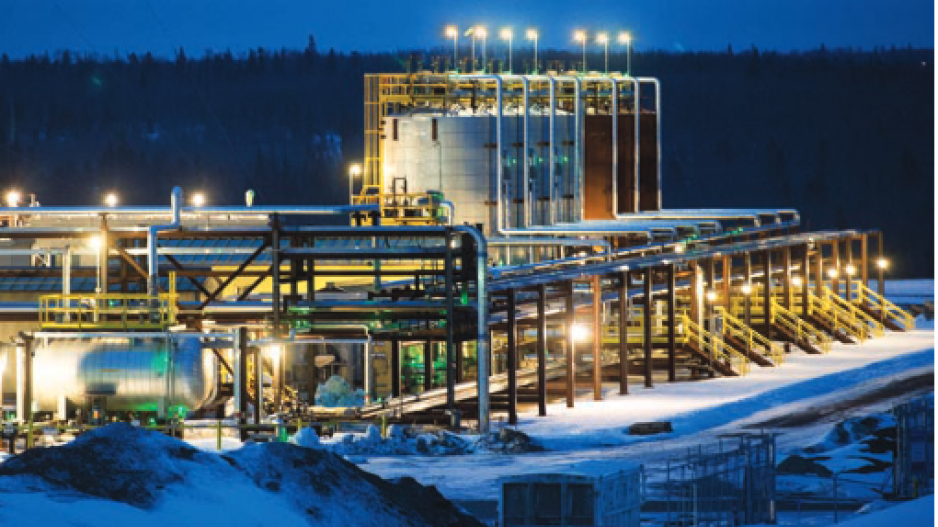Shell Canada is selling off some non-core natural gas assets in Alberta and B.C., but analysts say that should not be read as the first step towards a complete divestment in B.C. and abandonment of its multi-billion dollar LNG Canada project.
Earlier this week, Tourmaline Oil Corp. (TSX:TOU), an Alberta oil and gas company, announced it had struck a deal with Shell to acquire $1.4 billion worth of its natural gas assets in Alberta’s Deep Basin and in Northeastern B.C.’s Montney formation.
The assets in B.C. are sizeable – 220,000 acres of gas leases – much of it undeveloped.
“The acquisition is a major step in the company’s ongoing plan to not only become Canada’s, but also one of North America’s, largest, lowest-cost and most-profitable natural gas and liquids producers,” Tourmaline said in a news release.
Shell will need a lot of natural gas, if it ever pulls the trigger on the LNG Canada project it had proposed for Kitimat – a project with total capital investment at estimated at $40 billion to $50 billion.
Shell has indefinitely postponed final investment decision on that project, however, and has been divesting assets and deferring major projects around the world, as it restructures – all part of an effort to absorb BG Group, which it formally acquired this year. Shell has been undertaking the divestment of roughly $30 billion worth of non-core assets.
Michael Hebert and Mark Oberstoetter, who are both oil and gas analysts with Wood Mackenzie, point out that Shell still has sizeable assets in B.C. – the Groundbirch play, which includes more than 400 producing gas wells and four gas processing plants.
“Shell is still quite keen on the Montney,” said Hebert. “They still have over 200,000 acres in the Montney, so they can provide any kind of feedstock for LNG in the future.”
Companies like Shell and Petronas have been weathering some negative market forces before making multi-billion dollar investment decisions, including low oil and gas prices and a current oversupply of LNG from new producers in Australia. The oversupply is expected to balance out with demand sometime in the mid-2020s.
“The public messaging that we’ve picked up from Shell is that the project’s been delayed but it’s still being looked at and investigated,” Oberstoetter said.




